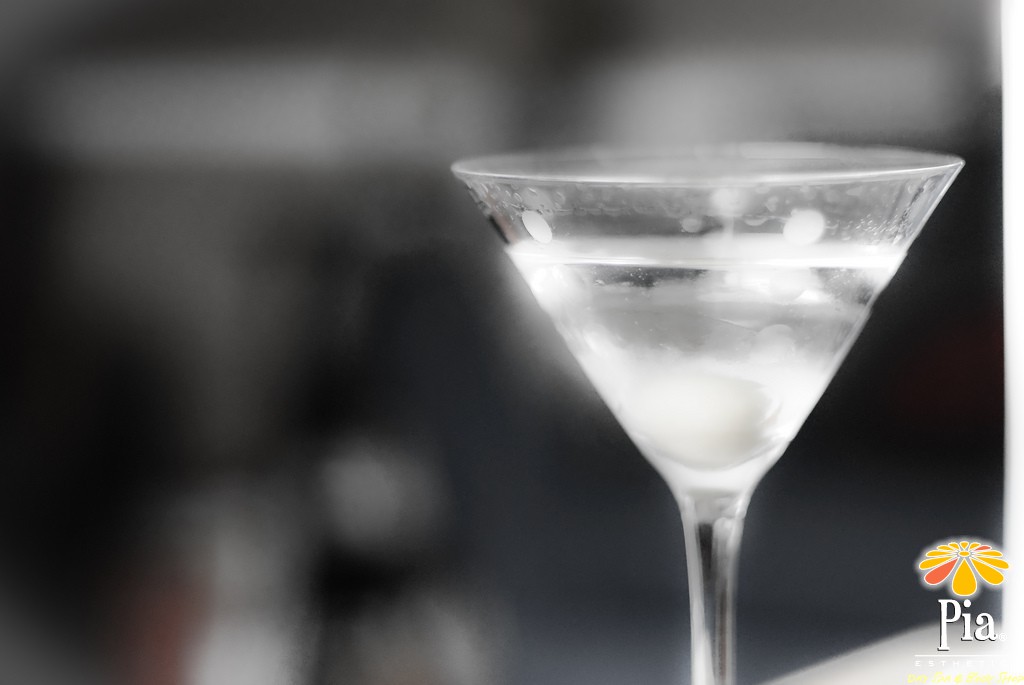 Have you ever found yourself wondering if your favorite cocktail is bad for your skin or if sun exposure is a safe way to clear up your acne? If so, continue reading to discover common skin care myths and the truth behind them. This is the last part of a three part series so read on to discover the remaining ten most common misconceptions.
Have you ever found yourself wondering if your favorite cocktail is bad for your skin or if sun exposure is a safe way to clear up your acne? If so, continue reading to discover common skin care myths and the truth behind them. This is the last part of a three part series so read on to discover the remaining ten most common misconceptions.
Common Myths:
1. Skin damage and signs of aging can be cleared up quickly.
As the saying goes, if it sounds too good to be true, it probably is. Skin damage and aging does not happen overnight. Meaning, it cannot be repaired overnight! It typically takes three skin cycles (21-40 days) for a product to repair damaged skin.
2. All alcohols in skin care products are bad.
The truth is that some products that contain alcohol can be emollient, decreasing skin's water loss. Examples of these "good" alcohols are cetyl, benzyl, and oleyl. If you see these ingredients in your products, it is safe to assume they are good to use!
3. Sun exposure will improve acne.
While it is true that sun exposure can diminish acne, it can cause countless other problems. Sun not only causes skin damage but pigmentation and drying as well, which may actually produce more oil and consequently, more acne! If you have acne either try to stay in the shade or make sure to slather on your esthetician's recommended sunscreen to prevent it from worsening.
4. Alcohol can harm your skin and cause your nose to become red and bulbous.
Drinking alcohol temporarily dilates blood vessels. This causes your skin to look flushed. However, it will not cause your nose to be affected. If your nose is red and inflamed, see your skin care professional to find out if it is a result of rosacea.
5. Skin repair only happens at night.
Fact. A good night's sleep is critical to skin health. However, skin repairs itself continuously. While one night of inadequate sleep probably won't damage your skin, many nights of poor sleep can stress the skin, causing puffiness and slow collagen production. So, rest up and remember, your skin is repairing itself while you're awake also!
6. Skin care products can last three or more years.
While skin care products have use-by dates on them, it is commonly known that most products lose their potency within one year. Preservatives do not last forever, and ingredients can become contaminated with bacteria or even evaporate over time. Your best bet? Replace your products after one year; your skin will thank you!
7. Strong scrubs, soaps, and abrasives are good for your skin.
Choose your products carefully! When washing your face, please be very careful. Too many abrasive products can wash away your skin's protective oils. This leads to micro-tears and eventually to aging, irritated skin. Remember, less is truly more. A gentle cleanser and light moisturizer typically work wonders for most people.
8. Vitamin A thins the skin.
Not true! In fact, a lack of Vitamin A can cause your skin to become thinner. Vitamin A is imperative to your skin health because it creates new, healthy skin cells. In fact, it is known in the skin care industry to be one of the most important skin care ingredients as its benefits are backed by 50+ years of scientific research!
9. The only form of vitamin C that works is L-ascorbic acid.
L-ascorbic acid is potent, however only for a limited time. Luckily, scientists have been working dutifully to create a new line of Vitamin C formulas. There are many new forms that are non-water-based. These new formulas will penetrate your skin and remain potent much longer than past versions. This is one of the best antioxidants for your skin so it is a wonderful choice to use often!
10. There is one antioxidant ingredient that is the best.
Trends come and go, year after year. While new discoveries are exciting not one antioxidant is better than another. What is best is a cocktail of many! When shopping choose products that list many antioxidants in their ingredient list to reap the most benefits for your skin!
There you have it for part three of this series! Thank you for reading these past few articles debunking common skin care myths. I encourage you to share your new knowledge to help stop these myths once and for all.




